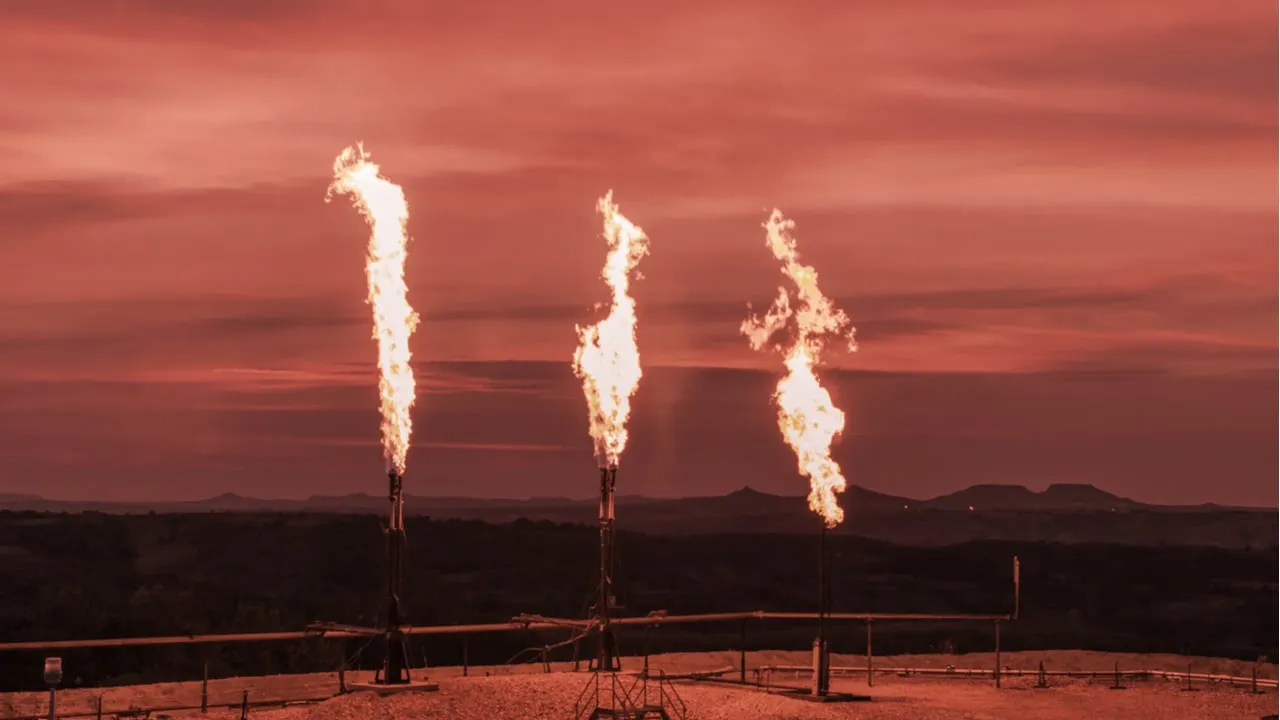Don't waste energy. That's the idea behind Crusoe Energy Systems, which converts natural gas that would otherwise go to waste into power for Bitcoin mining.
The U.S. firm today announced it has raised $350 million in a Series C round led by G2 Venture Partners. The round also brought back investors from previous rounds—among them, Polychain Capital, Bain Capital Ventures, and Winklevoss Capital.
In addition to the Series C equity Crusoe has raised, it's secured up to $155 million in credit from SVB Capital, Sparkfund, and Generate Capital, giving it a total of $505 million to play with.
Crusoe says the funding will allow it to hire nearly 100 additional employees to join its 157-person staff, while helping it scale up its Bitcoin mining and cloud computing operations both in the U.S. and abroad.
Key to Crusoe's strategy is its trademarked Digital Flare Mitigation system, which the firm says "provides a low cost solution to eliminate routing flaring."
Flaring is the practice of burning natural gas that can't be easily moved or captured. Though it's an inefficient use of resources, from gas companies' perspective, it's much more economical than trying to actually utilize the gas.
Crusoe helped pioneer the process of using that excess natural gas to create electricity and power Bitcoin mining machines positioned onsite. This way, the gas isn't burned and it doesn't have to be moved elsewhere.
Bitcoin has come in for criticism from environmentalists over its own intentional inefficiencies—miners are incentivized to use electricity-hungry machines that put stress on grids still reliant on carbon-emitting power sources.
Flare mitigation, however, works against that argument because using excess gas to mine Bitcoin is cleaner than burning it and putting more carbon into the air—though environmentalists might argue that this is just fueling the demand for more Bitcoin.

